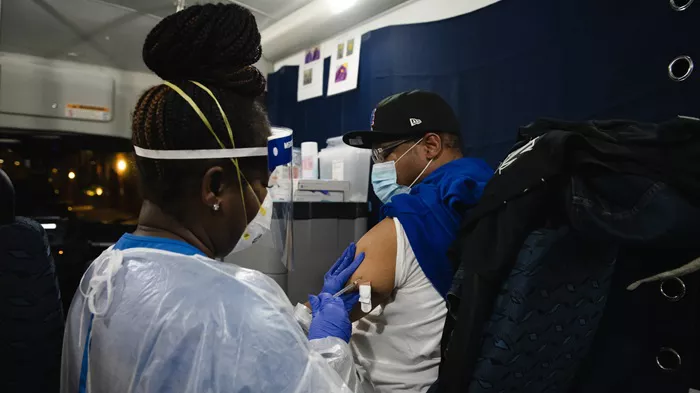The Union Health Ministry has issued a critical advisory to states and Union Territories (UTs) to intensify their efforts in monitoring and managing cases of mpox, which has recently been classified as a public health emergency of international concern (PHEIC) by the World Health Organization (WHO).
Despite the absence of mpox cases in India during the current outbreak, the ministry’s directive emphasizes the importance of vigilance and adherence to specific guidelines aimed at strengthening disease surveillance and establishing isolation facilities. This proactive approach is designed to effectively handle both suspected and confirmed cases of the disease.
According to the advisory, the Integrated Disease Surveillance Programme (IDSP) is actively engaged in tracking potential mpox clusters nationwide. Health screening at major entry points, such as airports, has been ramped up, and the laboratory network managed by the Indian Council of Medical Research (ICMR) is now better equipped to test samples from suspected cases.
In August, the WHO declared mpox, formerly known as monkeypox, a public health emergency due to its escalating spread across various countries and the emergence of a new strain, clade 1b. India had previously identified 30 cases of the older clade 2 strain between 2022 and March 2024.
The advisory also highlights the need for heightened awareness among healthcare workers, particularly those in skin and sexually transmitted disease (STD) clinics. They are urged to recognize the signs and symptoms of mpox and implement appropriate actions following diagnosis. Screening and testing of suspected cases in communities, hospitals, and intervention sites identified by the National AIDS Control Organisation (NACO) are to be conducted diligently.
States are advised to educate the public about the disease, its transmission, the importance of timely reporting, and preventive measures. However, the advisory stresses the importance of managing public response to avoid unnecessary panic.
The Health Ministry’s comprehensive guidelines aim to ensure effective disease management and mitigate the potential impact of mpox in India.
[inline_related_posts title=”You Might Be Interested In” title_align=”left” style=”list” number=”6″ align=”none” ids=”12178,12188,12196″ by=”categories” orderby=”rand” order=”DESC” hide_thumb=”no” thumb_right=”no” views=”no” date=”yes” grid_columns=”2″ post_type=”” tax=””]
































